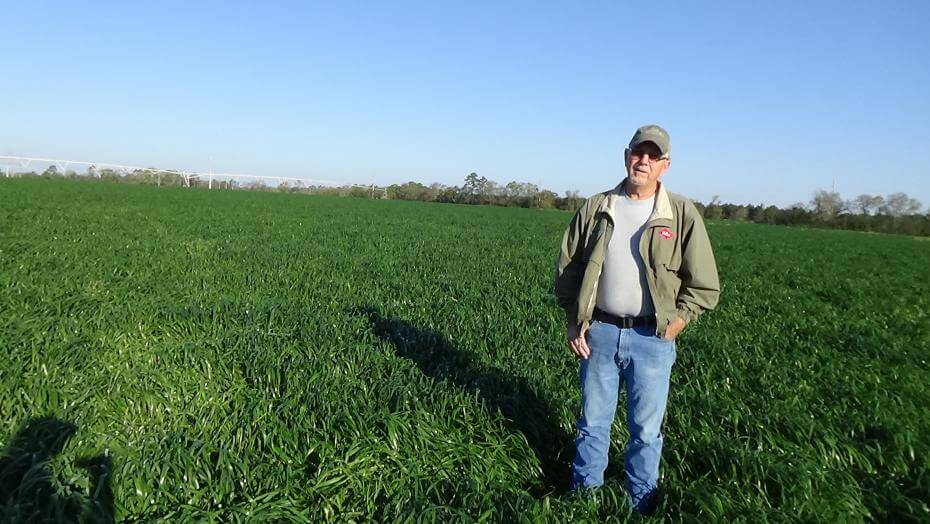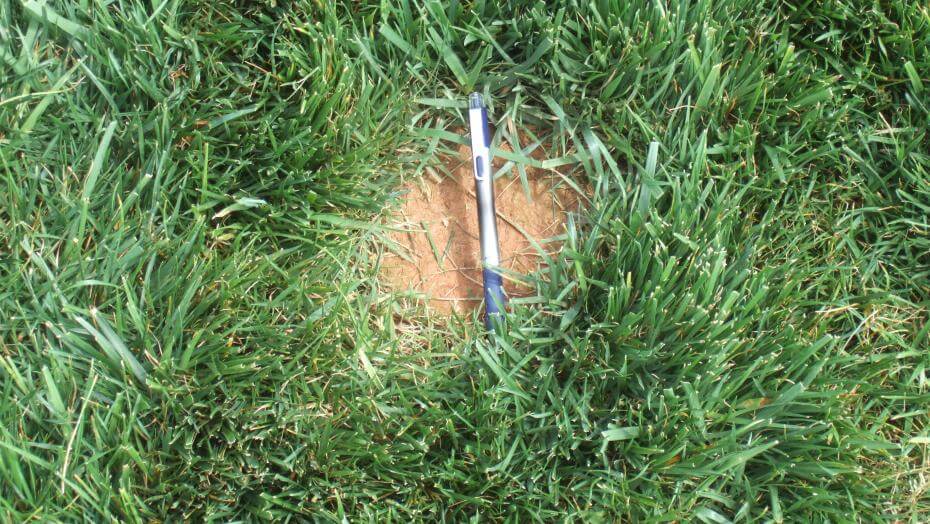Videos
-
Georgia Big Boss Ryegrass Testimonial
Climax, GA
A farmer in Climax, GA shares his success in using Big Boss Tetraploid Annual Ryegrass.
-
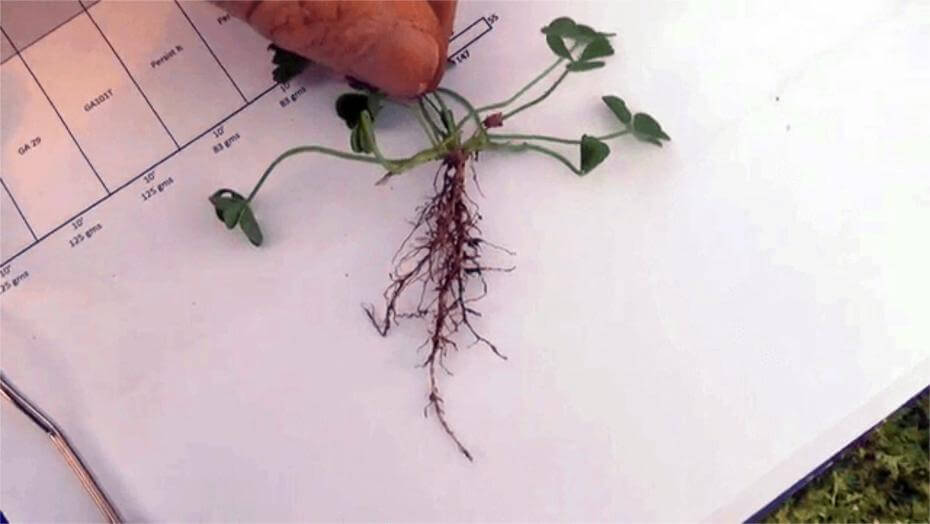
Early Growth Habits of Renovation White Clover
See the early growth habits of Renovation white clover.
-
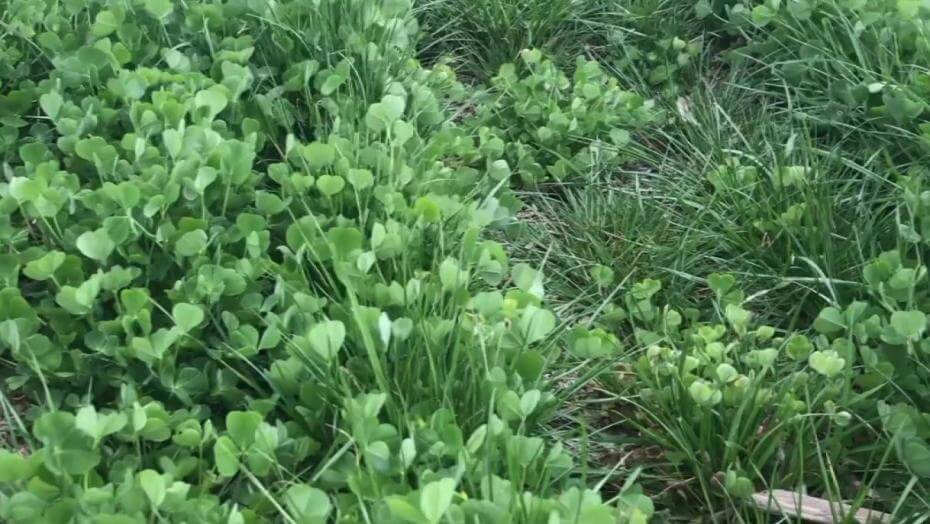
LowBoy & Crimson Clover Mix
Eastern PA
|April 2, 2020
In Eastern Pennsylvania, these growers are using a mix of LowBoy annual ryegrass with crimson clover, planted after corn silage, as a cover crop.
-
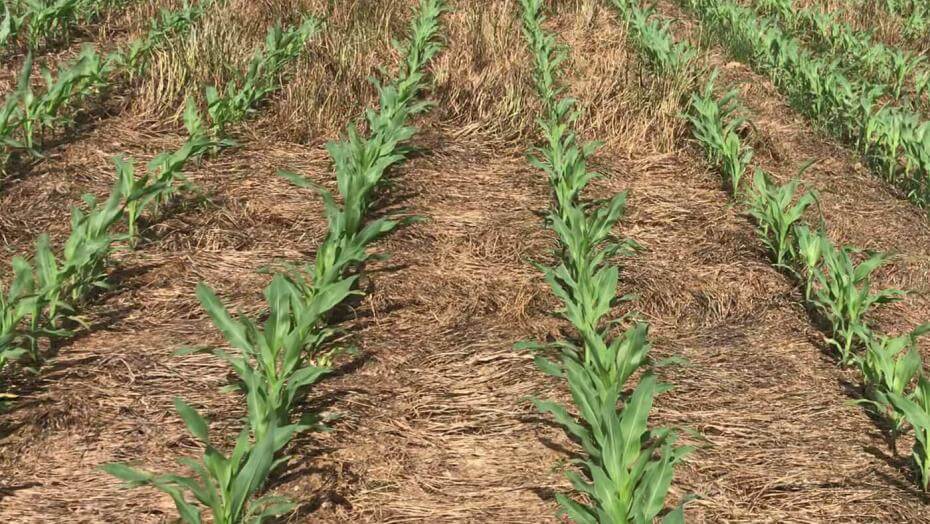
Corn Growing In LowBoy & Crimson Clover Mix
Eastern PA
|June 11, 2020
This video shows the growth of the corn, four weeks after planting and about twenty-six days after the LowBoy annual ryegrass and crimson clover were terminated.
-
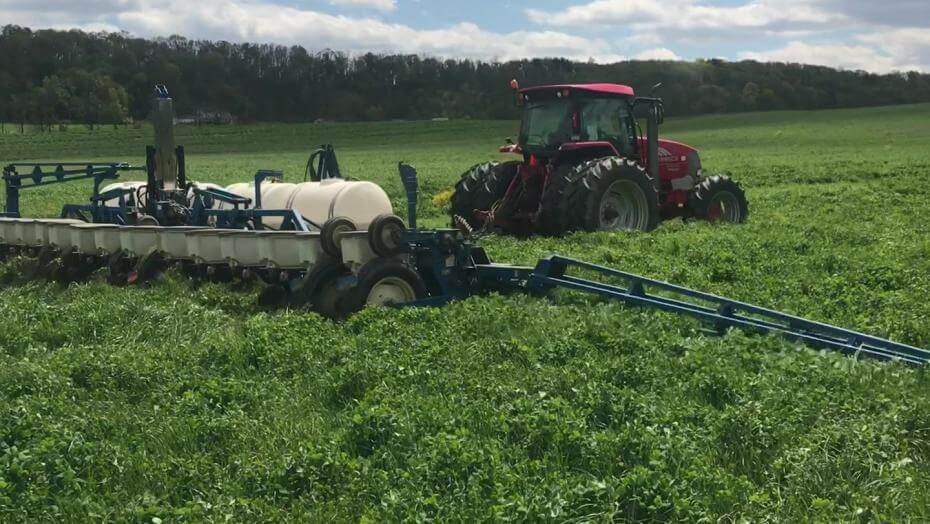
No-Till Planting Into LowBoy & Crimson Clover Mix
Eastern PA
|May 2020
In Eastern Pennsylvania, these growers are no-till planting corn into a mix of LowBoy annual ryegrass and crimson clover.
-
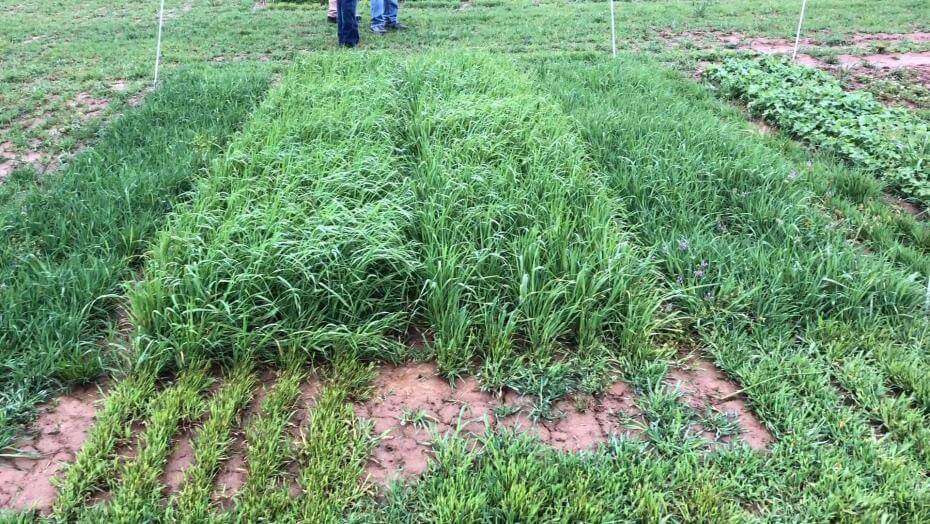
Timothy Trial Walkthrough
Penn State University
State College, PA
|May 2021
A short walkthrough of timothy plots in May 2021. Notice the differences between KY-Early and Climax.
-
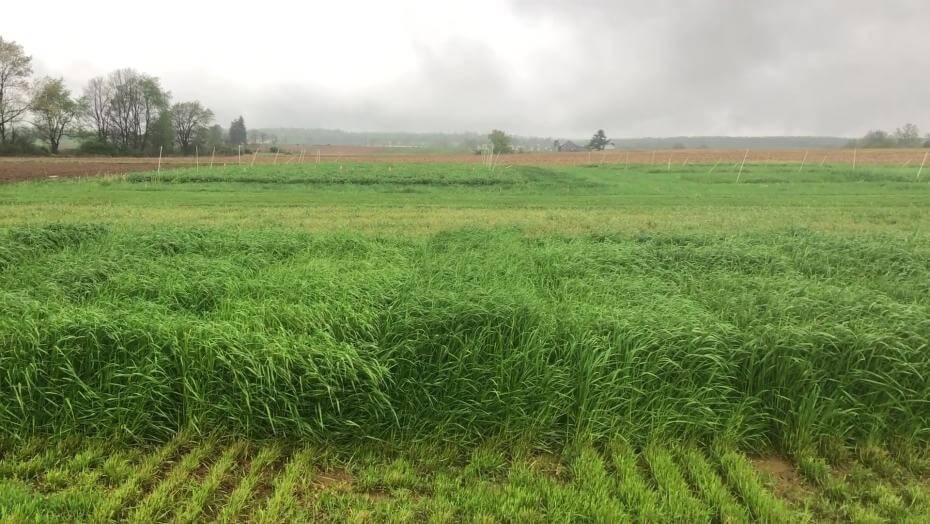
FrostProof Diploid Annual Ryegrass
Penn State University
State College, PA
|May 5, 2021
A look at FrostProof Diploid Annual Ryegrass in a Penn State University trial.
-
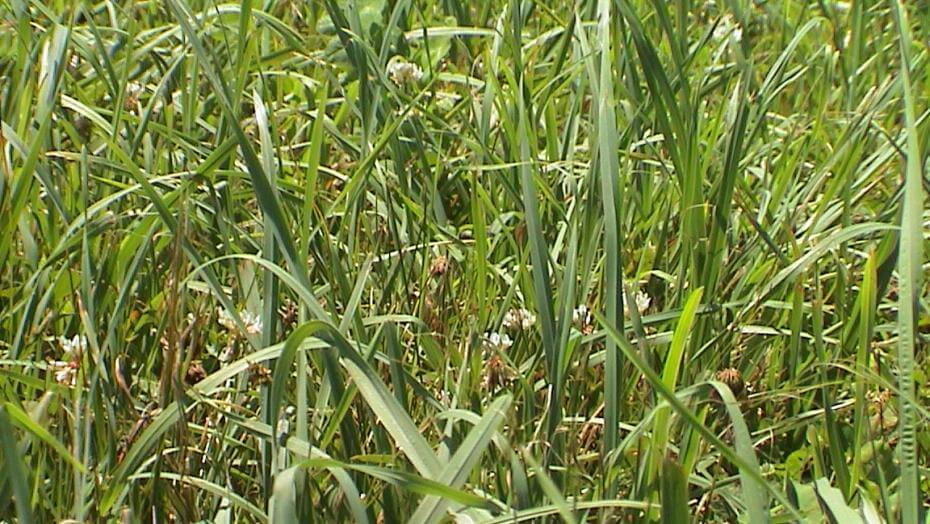
-
Titan Ultra Rhizomes
An example of Titan Ultra Rhizomes in North Carolina.
-
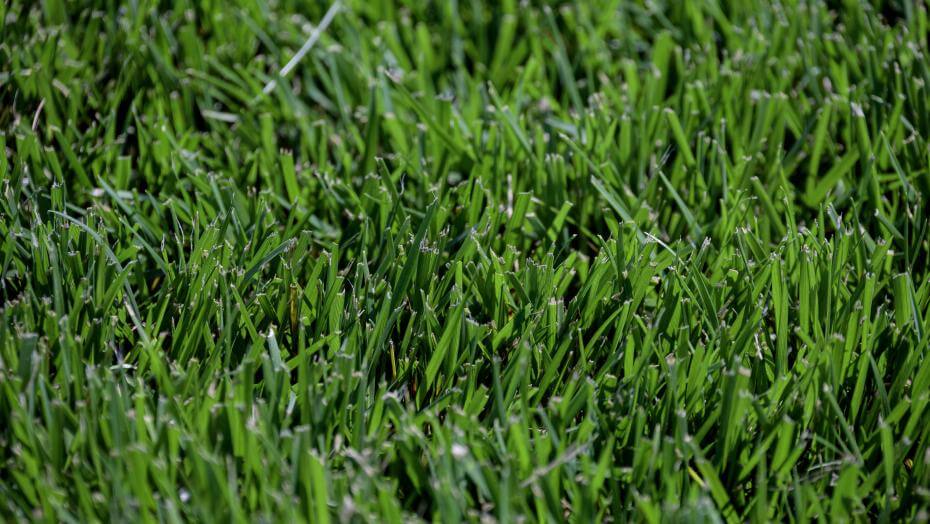
Titan GLX Turf-Type Tall Fescue
Our latest Titan release boasting very attractive turf, better disease resistance, and great color.
-
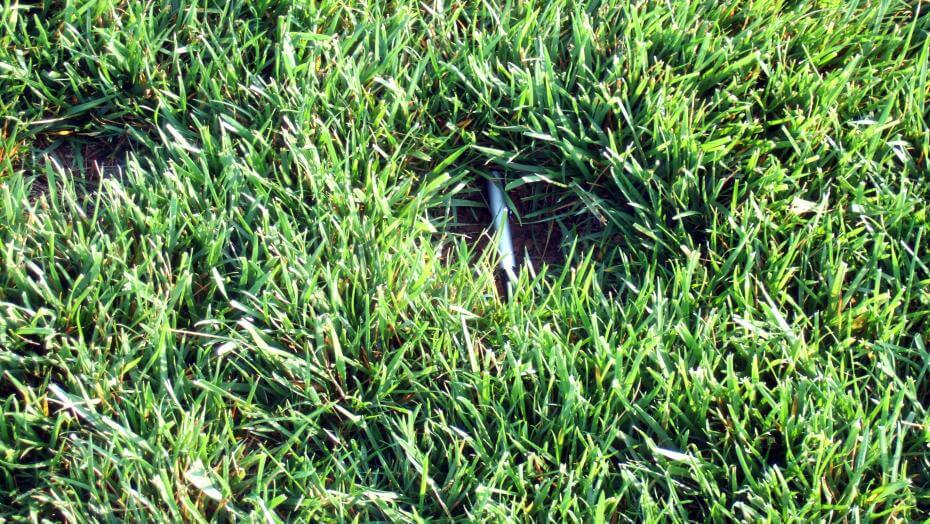
Rendition Rx Rhizomes
In this video we see how Rendition Rx's rhizomes have filled in a bare spot.
-

Plant a New Lawn: Conclusion
We did it! See our new lawn and get a vision for what your lawn could look like.
